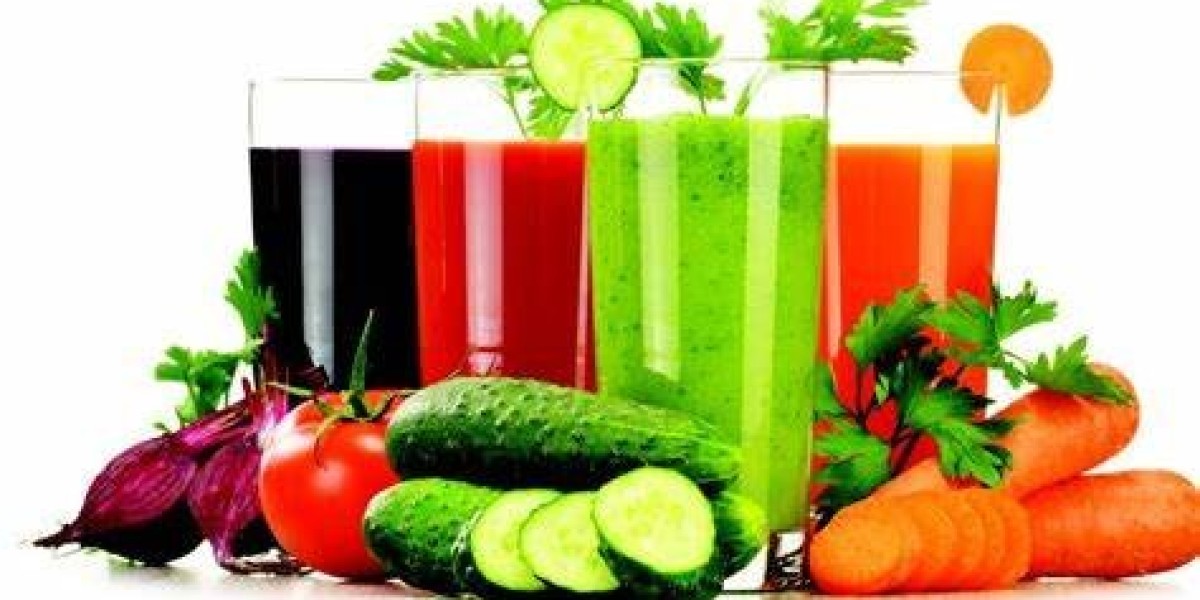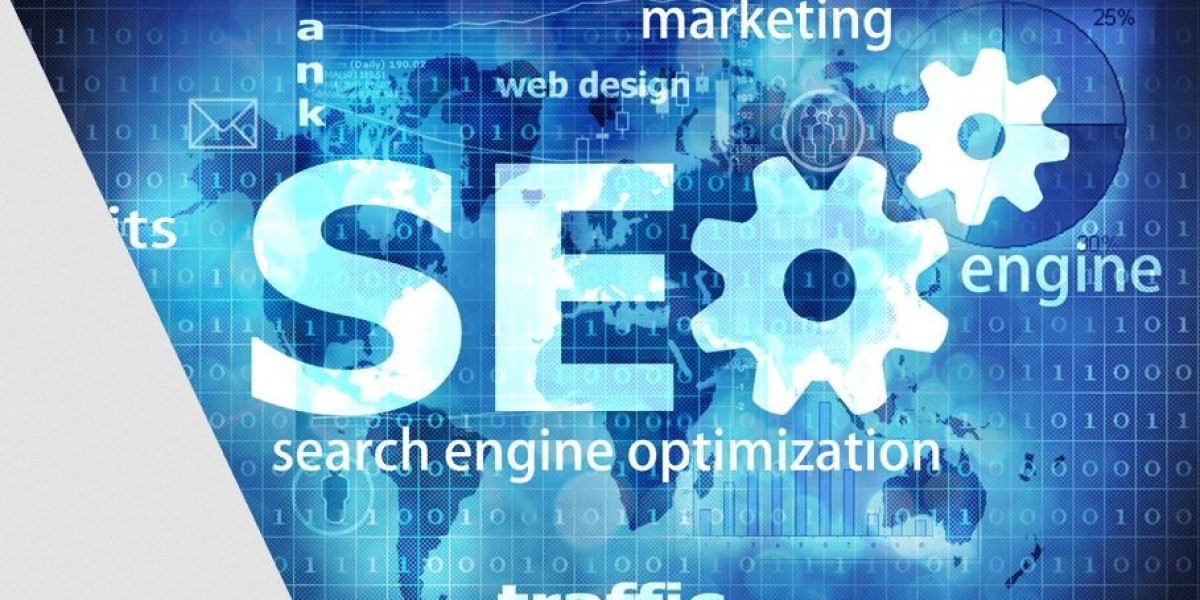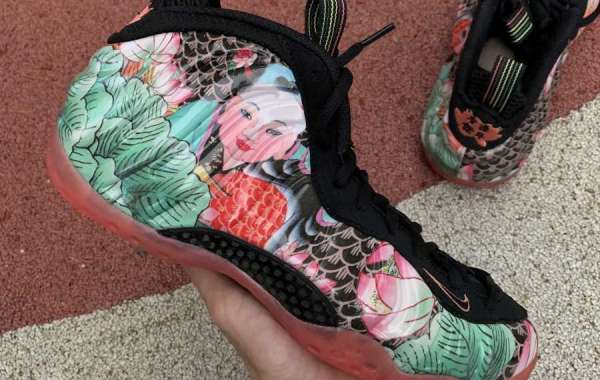These drinks go beyond mere taste or hydration. The trend of functional beverages has grown into a multi-billion-dollar industry, with hundreds of brands competing for consumers’ attention.
Here are some examples of functional beverages:
Prebiotic and Probiotic Drinks: These beverages contain beneficial bacteria (probiotics) or substances that promote the growth of beneficial bacteria (prebiotics). They aim to enhance digestive health.
Energy Drinks with Added Ingredients: Beyond caffeine, energy drinks now include vitamins, minerals, and other compounds to boost metabolism or mental clarity.
Collagen-Infused Water: Collagen is believed to improve skin health, and some drinks incorporate it for this purpose.
Non-Alcoholic Spirits and Beers: These offer a party mood without alcohol, often infused with unique ingredients like guayusa (a leaf containing caffeine and antioxidants).
Functional Teas: Some teas are designed to reduce stress (e.g., ashwagandha-infused tea) or enhance workout performance (e.g., chromium-containing tea).
In summary, functional beverages cater to specific health needs while quenching our thirst. ??














